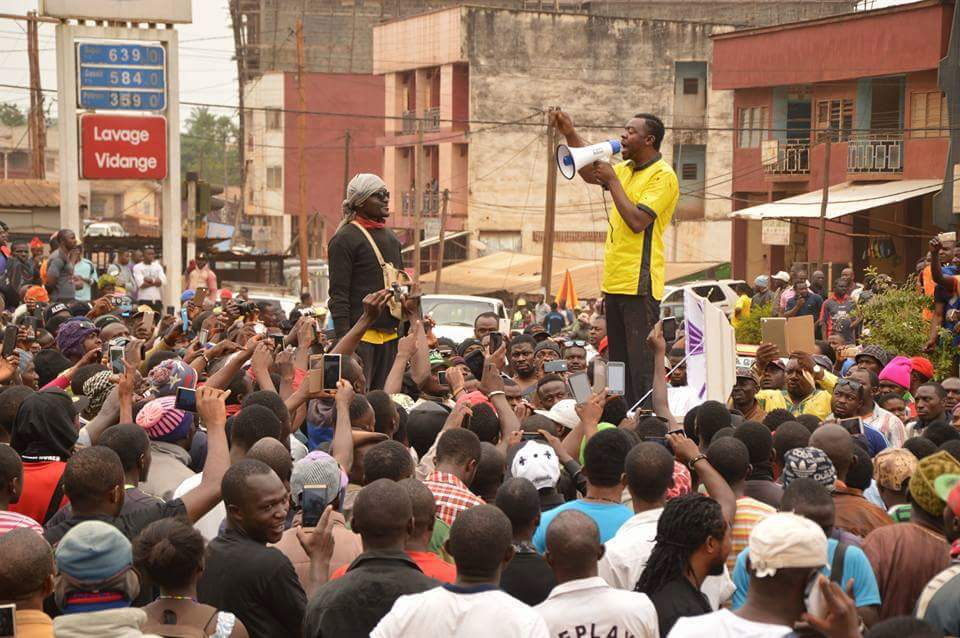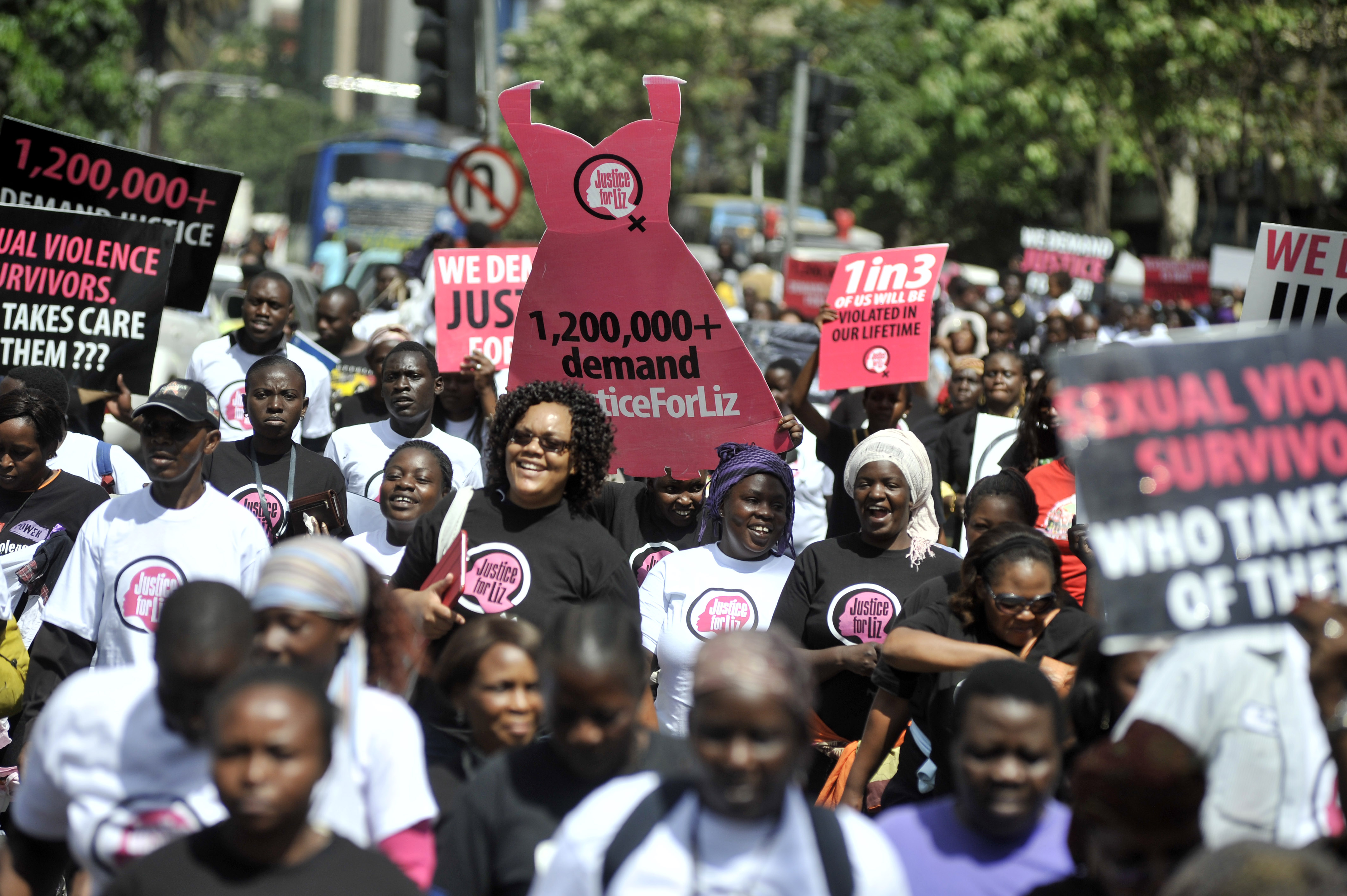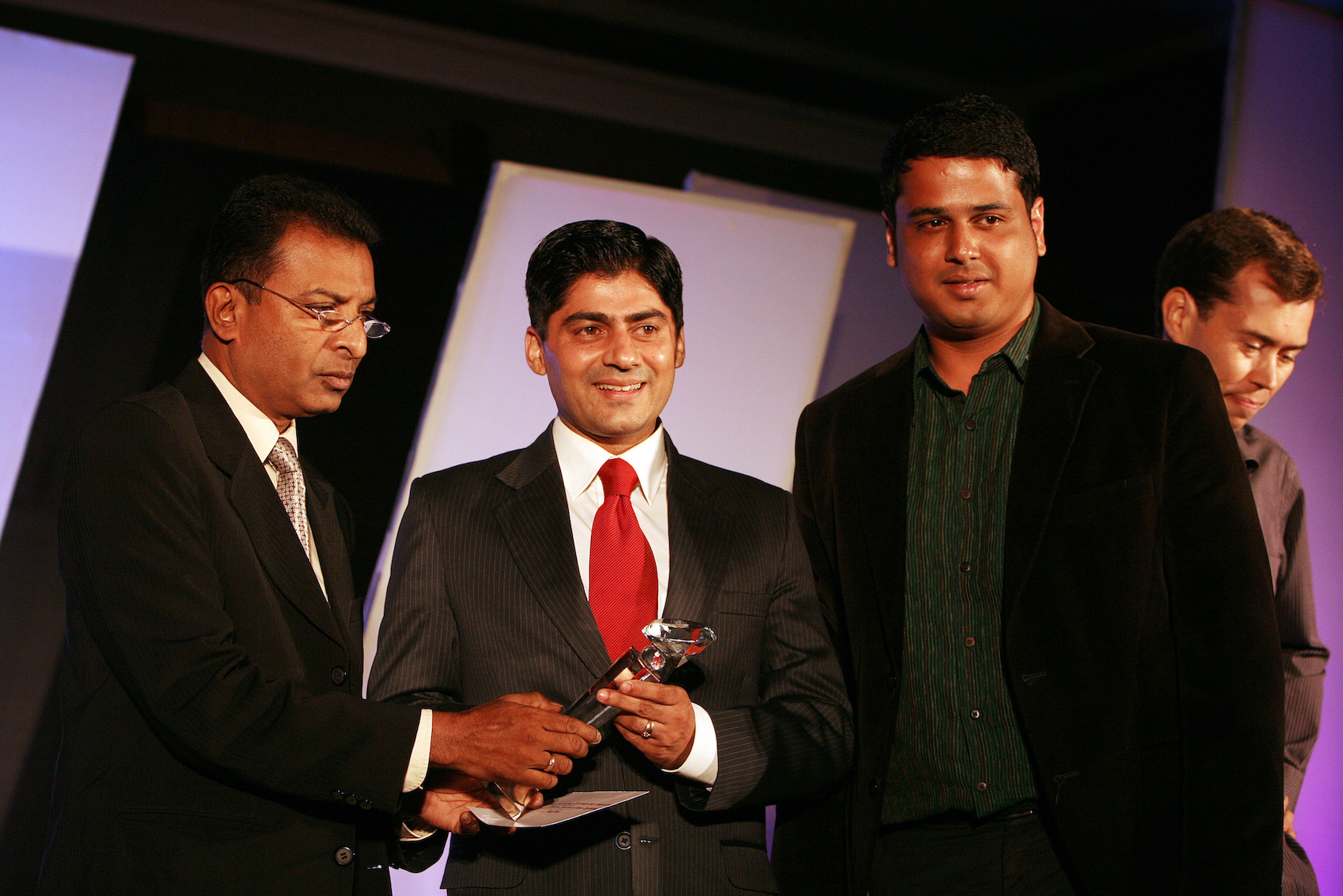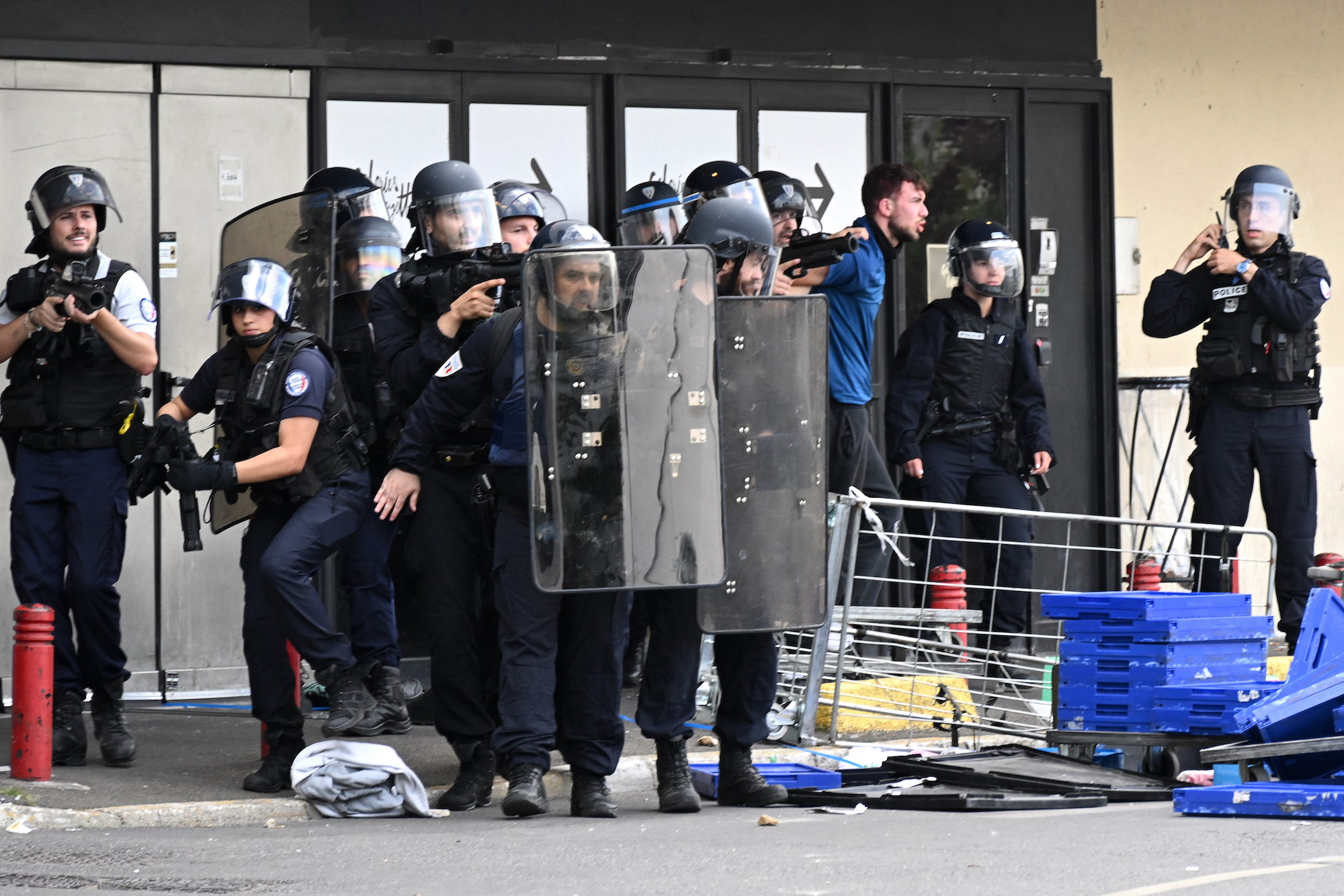For tech-savvy African journalists, just like their western peers, Artificial Intelligence (AI) has unveiled innovative ways to enhance their profession. As African journalists seek to compete with the rest of the world, which is increasingly becoming digitised with the use of AI, pertinent questions abound. How are African journalists coping with emerging technologies? What are the apparent dangers, if any, and how does it impact their professions? And what is their standing on the ethical use of AI, training, and regulation?
As someone who recently worked on a photography and AI collaboration campaign for a leading brand in Kenya, I strongly believe AI will change the workflow, but won’t replace the human touch.
The recent eye-opening survey by USAID Open Spaces Zambia (OSZ) in 2023, on how journalists are adopting the use of AI, gave a sneak preview of the African media landscape in relation to the technology. “The survey report of 70 Zambian media professionals found that 60% of journalists use AI tools, with chatbots, image and video analysis, and automated content generation being the most utilized tools,” the report said. “Although AI tools might have improved efficiency, some respondents found the integration process to be challenging.”
The Training Gap and Ethical Concerns
According to the OSZ findings, 73% of Zambian journalists using AI lacked formal training, exposing a gap in preparing journalists to effectively use AI. Dr. Sadrag Shihomeka, Senior Lecturer at the University of Namibia and specialist in Media, Educational Technologies, and Research, suggests that this deficiency may lead to significant problems within the African media sector, such as the potential misuse of technology and an increase in fake news.
“One of the serious concerns is the ethical issue concerning the extent to which contemporary journalists can authentically avoid the use of AI to produce news that does not exist. What does this mean?” Dr. Shihomeka queried. “Training institutions should really impart ethics to our journalists so that they will not be tempted to produce fake news by using AI tools and techniques. AI also increased the efficiency with which news competitions needed to be addressed.”
The storied deficit of formal AI training, as alluded to by Dr. Shihomeka and the OSZ survey, plus the overall limited penetration of technology in Africa, positions the continent's journalists at a disadvantage, such that AI might be having little impact as envisaged, or witnessed elsewhere. Again, without capacity building, the suspicion and mistrust of AI technology might have far-reaching effects, whereby those who are less informed feel threatened, observed Seshophe Ramakoro, a communication practitioner from Lesotho.
Different states, organisations should enact legislative controls, develop clear guidelines of use, and ensure they align with the culture, norms, legislation, and realities of the African context.
The Future of AI in African Media: Innovation vs. Regulation
According to Ramakoro, AI's entry into the media sector challenges traditional work cultures. Newsrooms must revise their workflows to embrace AI and remain competitive, which includes allocating funds for skills development in this new era. While AI can cut travel and payroll expenses, its practical implementation faces challenges in many African nations where access to electricity and modern technology is still limited.
While AI has significantly improved journalism, concerns over potential job losses and disruptions persist. Some African journalists may feel uncertain about the long-term consequences of adopting new technologies, which remain largely unmeasured. Conversely, professionals like Trevor Maingi, a Kenyan photographer and filmmaker, view the future of AI with optimism and confidence. 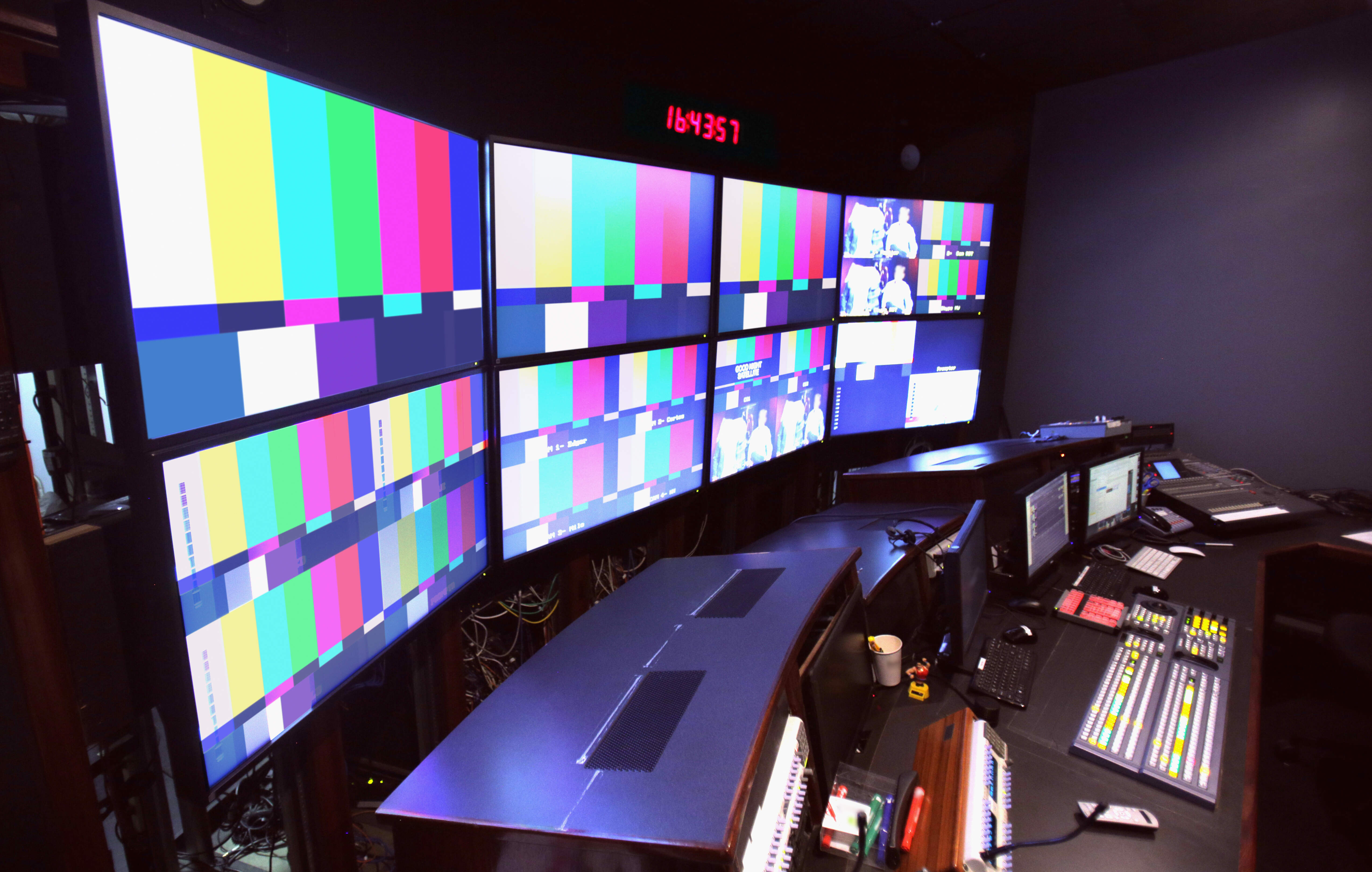
“Fear is a normal reaction when it comes to anything new. Yes, we can’t deny that jobs will be affected, but I believe there are so many creative possibilities when it comes to AI. What we are seeing now is business jumping on a wagon with zero concern. Unsupervised use has led some to believe you can let go of people instead of collaborating,” said Maingi. “I believe AI should be a tool for collaboration. As someone who recently worked on a photography and AI collaboration campaign for a leading brand in Kenya, I strongly believe AI will change the workflow, but won’t replace the human touch.”
In Zimbabwe, Zenzele Ndebele, a journalist and founder of the Centre for Innovation and Technology (CITE), a media platform, began experimenting with AI in 2023. To date, AI has helped them to increase their content generation, and they are now realising the rewards of technology, utilising fewer resources and personnel. “At CITE, we started experimenting with AI last year in 2023, using an AI presenter to read news headlines and do promos, and that has helped us increase our content output, because during the 2023 elections, we created a lot of content. It helped us reduce our costs and the number of people involved in a project, because we don’t have any crew members. We can do a news bulletin every day using one presenter.”
On AI regulation, there must be self-regulation, rather than stop creativity and forced censorship, it needs to be used in a more responsible way
Regulatory Challenges: The Impact of New Legislation
The negative impact of AI, mainly the proliferation of deep fakes, misinformation, and disinformation, has initiated ongoing debates regarding its regulation and policy frameworks for newsrooms in different African nations. The majority, however, are advocating for strong AI guidelines. “AI is a societal commodity that deserves self, societal and state regulation. I am saying this, because of the aforementioned possibilities in the event that AI is not used well. We also need to protect and avoid the misuse of AI to spread fake news, disinformation, misinformation, necessitated violence, and conflicts among nations. AI should incorporate indigenous technologies, meaning it should also be aligned to the cultures, traditions, values, and superstitions of society,” Dr. Shihomeka said.
Dr. Shihomeka further mentions that, if AI is not well governed, digital journalism might be more dangerous than offline journalism and compromise the safety of journalists, on a continent that is investing heavily in media surveillance. “Using AI, one can be traced using your digital device, serial number, and so on. Hence, what matters is the extent to which we instill ethics in our people, to avoid infringing upon societal freedoms, that might necessitate violations against journalists.”
AI must incorporate indigenous knowledge systems, involve local tech innovators in product development.
For Maingi, like his other media counterparts, accountability and transparency are key to the proper use of AI, while its regulation remains important in regards to copyright and human involvement, from image to voice and others. Since AI feeds off a database of images from the internet, Maingi says, there is a huge chance of unlawful practices. Ramakoro, meanwhile, proposes that AI must be regulated to manage human relations with a person’s profession, and the legislation should not only be at the national level, but organisational and family level as well. Different states, organisations, Ramakoro suggests, should enact legislative controls, develop clear guidelines of use, and ensure they align with the culture, norms, legislation, and realities of the African context.
its regulation remains important in regards to copyright and human involvement, from image to voice and others. Since AI feeds off a database of images from the internet, Maingi says, there is a huge chance of unlawful practices. Ramakoro, meanwhile, proposes that AI must be regulated to manage human relations with a person’s profession, and the legislation should not only be at the national level, but organisational and family level as well. Different states, organisations, Ramakoro suggests, should enact legislative controls, develop clear guidelines of use, and ensure they align with the culture, norms, legislation, and realities of the African context.
Still on regulation, Ndebele, however, advocates for self-regulation, rather than a one size fits all approach. “On AI regulation, there must be self-regulation, rather than stop creativity and forced censorship, it needs to be used in a more responsible way, where the media industry goes on a self-regulatory mode, and comes up with a charter on how to use AI to be transparent, and declare that this product was produced by AI, and we are aware of the biases that come with AI. It is going to help media houses do a lot, but what is important is to be responsible, stick to journalism ethics, and not spread fake news.”
So far, in its current form, some in Africa believe that AI sidelines them, and they need something tailor-made to their needs and values. And for AI to work seamlessly in Africa, it must tally with the local people, otherwise, it will become an alien, western concept. Asked what the AI improvements are that are specifically needed in Africa and why, Dr. Shihomeka, said.
“AI must incorporate indigenous knowledge systems and involve local tech innovators in product development. This will ensure that we have a digitally sustainable technological environment that future generations can rely on. Additionally, they need to be environmentally friendly to ensure green hygiene,” he said. “AI should not only incorporate indigenous technologies, it should also be aligned with the cultures, traditions, values and superstitions of the society. Here I am referring to generic ones.”





























![A demonstration against Israel's war on Gaza on Paulista Avenue in São Paulo on November 4, 2023, draws attention to the deaths of children while the media focuses on the war against terrorists. [Photo: Lina Bakr]](/sites/default/files/ajr/2024/Picture1.png)

